Description
Introducing the book in praise of idleness and other essays
In Praise of Vanity is a short article in which Russell examines work and its hours as socio-economic issues. In a nutshell, Russell explains in this article that if people reduce their working time to just four hours a day, for example, unemployment will decrease and happiness in communities will increase because of the leisure created.
This seems very simple and obvious. However, in a leading article with a sociological and philosophical perspective on the concept of wealth and even happiness, Russell examines capacity and the concept of leisure happiness. In other words, Russell’s article is an in-depth study of a subject that we mistakenly take for granted.
“In Praise of Vanity” is one of the most famous articles by Bertrand Russell, the famous English philosopher, which was first published in 1932 and has been reprinted many times since.
In this article, Russell does not intend to defend unemployment and laziness. What he intends is that long working hours and overwork are not only useless and destructive, but also destructive. In his view, people around the world are overworked, and the belief that work is a virtue causes great losses.
Industrialized and civilized countries must change their past approach to advertising. Russell suggests that due to technological advances, it is necessary to reduce working hours and instead increase the quality of work to provide leisure time for people to be able to pursue their personal desires and interests. Russell predicts that if everyone works just four hours a day, both the unemployment rate will decrease and people will be happier.
بخشی In a part of the book in praise of vanity we read:
The fact is that the movement of matter is somewhat necessary for our lives. But it is certainly not one of the ends of human life. Otherwise we should have considered every action superior to Shakespeare. We have made a mistake in this regard for two reasons. One is the need to keep the poor satisfied, which for thousands of years has forced the rich to talk about the dignity of work and effort. While they were careful to remain unlucky in this regard.
The other is a new sense of satisfaction that excites us at the amazing clever changes we can make on Earth. These motives do not have much appeal to the real worker. If asked, what does he know to be the best part of his life? He is unlikely to say: “I like manual labor. Because it makes me feel that I am doing the most honorable human duty. And that I would like to know how much one can change his planet.
It is true that my body also needs time to rest. And I have to fulfill it in the best possible way. “But I am never so happy that the morning arrives and I can go back to work, which I am happy with.” I have never heard a worker say that.
They consider the job as it should be. Essential means of subsistence; And leisure is the source of all the joy they enjoy. They will say that a little leisure is heartwarming, of course. But if people are to be only four hours out of twenty-four condemnations of our civilization; And it has never been true before. In the past, there was a capacity for fun and entertainment that was partially closed and limited due to the cult of productivity.
Modern man thinks that everything must be done for something else. And never for his own sake. For example, dry and serious people constantly blame the habit of going to the cinema and say that this causes young people to be led astray. But everything related to the production of a film is respectable “because it’s work” because it is lucrative. The notion that desirable activities are those that generate income.
He has made everything soup. The butcher who gives you meat and the baker who gives you bread are honored because they make money; But when you enjoy the same food that they offer, you are no less than a fool unless you just eat to get the energy to work. The whole premise is that making money is good and spending it is bad. Given that these are two sides of the same coin. This is nonsense; It is also like saying that the key is good but the keyhole is bad.
Any concession that may be intended for the production of a good. It must be the product of the benefit that comes from consuming that commodity. every person. Works in a water society for financial gain. But the social purpose of his work depends on the consumption of what he produces. It is this separation between the individual and the social goal of production that makes right thinking in a world where profitability is the driving force of industry. It makes it difficult for a person. How much we think about production and how little we think about consumption. The result is that we pay very little attention to the simple joys and happiness of life. And that we do not measure production based on the consumer’s sense of satisfaction.
Translation of the book in praise of vanity into Persian
Niloufar Publications has published a book in praise of vanity translated by Mohammad Reza Khani and made it available to those who are interested. Pishroo book was published in 2014 by Niloufar Publications. This book is a translation of “In praise of idleness and other essays” published in 2004. The translation of Mohammad Reza Khani presented on this page includes only an article in praise of the vanity of Russell and other articles in the original book in Has not taken. Another translation of this book has been provided by Ibrahim Younesi, which includes the articles of this book in its entirety.
Why read a book in praise of idleness and other essays?
In Praise of Void is a very short book, and the printed version is only 36 pages long, and part of the pages of this short book are related to Anthony Gottlieb’s interpretation of Russell’s article. Given that only one of the original book articles has been translated and published in this book, the current small number of pages seems natural.
In this book, Russell explains that after rejecting a certain amount of wealth and property, it is not more wealth that brings happiness, and it is relative wealth or wealth that man has more than his peers that makes him happy. Studying this book to explore concepts such as productivity in the present age, working hours and work philosophy will be very interesting and creative. Experts and managers of human resources, economic planners and certainly those interested in social theories are the main audience of this book.
The book in praise of vanity is in the category of philosophy books.
The book in praise of vanity is suitable for the adult age group.
1- Introducing the book in praise of idleness and other essays on YouTube
2- Introducing the book in praise of idleness and other essays in Aparat

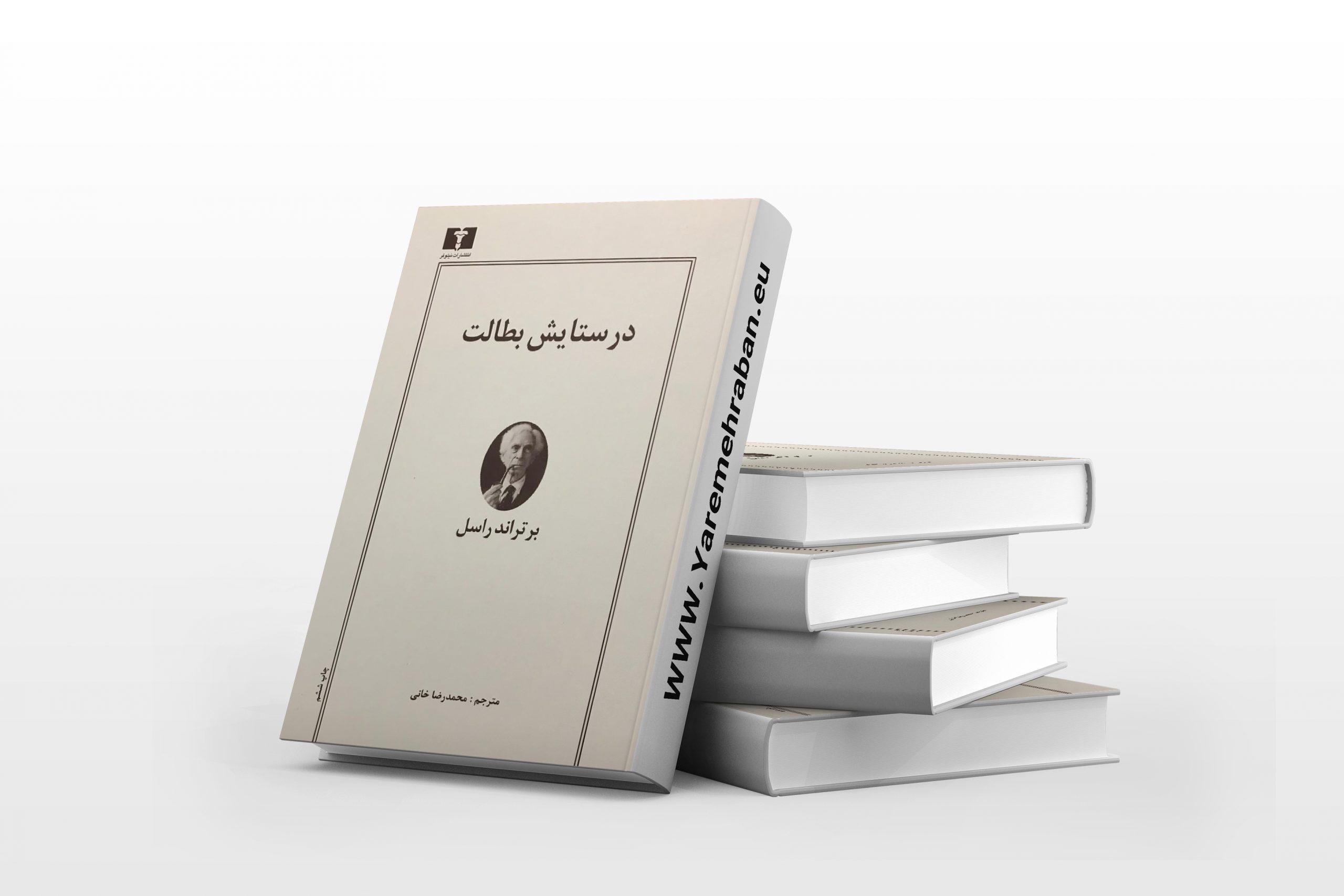




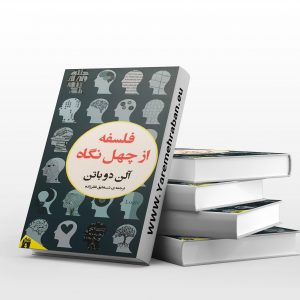
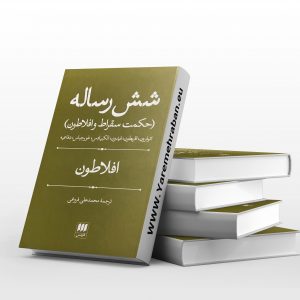

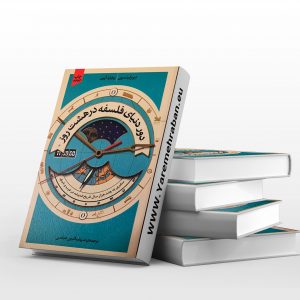


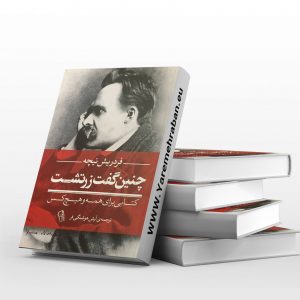

Reviews
There are no reviews yet.